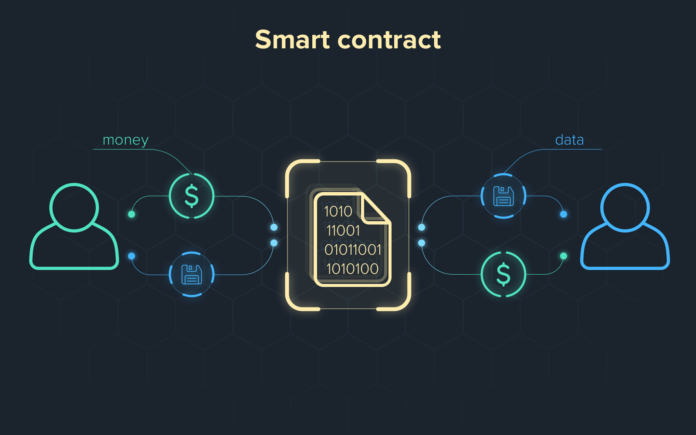Smart contracts have undergone significant evolution in 2023, revolutionizing the way contracts and transactions are executed. Initially proposed by Nick Szabo in 1994, these self-executing programs on a blockchain have become more sophisticated and widespread. This essay explores the evolution of smart contracts in 2023, highlighting their advancements, applications, benefits, and challenges.
- The Concept and Functionality of Smart Contracts: Smart contracts are computer code stored on a blockchain that automatically execute parts of an agreement. They serve as a digital representation of a traditional contract or can be standalone agreements. The core functionality of smart contracts lies in their ability to automate actions when predefined conditions are met. This technology allows for trusted transactions and agreements between anonymous parties without the need for intermediaries.
- Advancements in Smart Contract Technology: In 2023, smart contracts have witnessed remarkable advancements. The convergence of clarity in defining smart contracts has led to improved understanding and implementation. As blockchain adoption spreads, smart contracts have become more complex and versatile. They have evolved from rudimentary programs to sophisticated applications that can execute payment of funds and impose financial penalties based on objective conditions.
- Applications of Smart Contracts: The applications of smart contracts have expanded in 2023, finding use in various industries and domains. One prominent application is in finance operations, where smart contracts simplify and streamline the procure-to-pay process. They ensure efficient and accurate execution of payments, reducing the reliance on manual processes and intermediaries. Additionally, smart contracts are being utilized in real estate transactions, stock trading, supply chain management, and more.
- Benefits of Smart Contracts: The evolution of smart contracts in 2023 has demonstrated several benefits. Firstly, smart contracts enhance efficiency by automating contract execution, reducing the need for manual intervention. They eliminate paperwork, reduce processing time, and minimize the risk of errors. Secondly, smart contracts offer increased accuracy by executing transactions based on predefined conditions, eliminating human error. Lastly, smart contracts provide immutability, ensuring that once executed, the terms of the contract cannot be altered.
- Challenges and Limitations: Despite their advancements, smart contracts still face challenges and limitations. One key challenge lies in their permanence, as once a smart contract is executed, it cannot be easily modified or reversed. This poses potential risks if errors or loopholes exist in the contract code. Another limitation is the reliance on programmers to create and deploy smart contracts, as programming expertise is required to ensure their proper functioning. Additionally, legal considerations and enforceability of smart contracts remain areas of ongoing debate and development.
The evolution of smart contracts in 2023 has transformed the landscape of contracts and transactions. These self-executing programs on a blockchain have become more sophisticated, versatile, and widely adopted. With applications across various industries, smart contracts offer numerous benefits such as efficiency, accuracy, and immutability. However, challenges related to permanence, reliance on programmers, and legal considerations persist. As technology continues to advance, smart contracts will likely play an increasingly vital role in streamlining processes, enhancing trust, and enabling secure transactions in the future.
Post Disclaimer
The information provided in our posts or blogs are for educational and informative purposes only. We do not guarantee the accuracy, completeness or suitability of the information. We do not provide financial or investment advice. Readers should always seek professional advice before making any financial or investment decisions based on the information provided in our content. We will not be held responsible for any losses, damages or consequences that may arise from relying on the information provided in our content.



